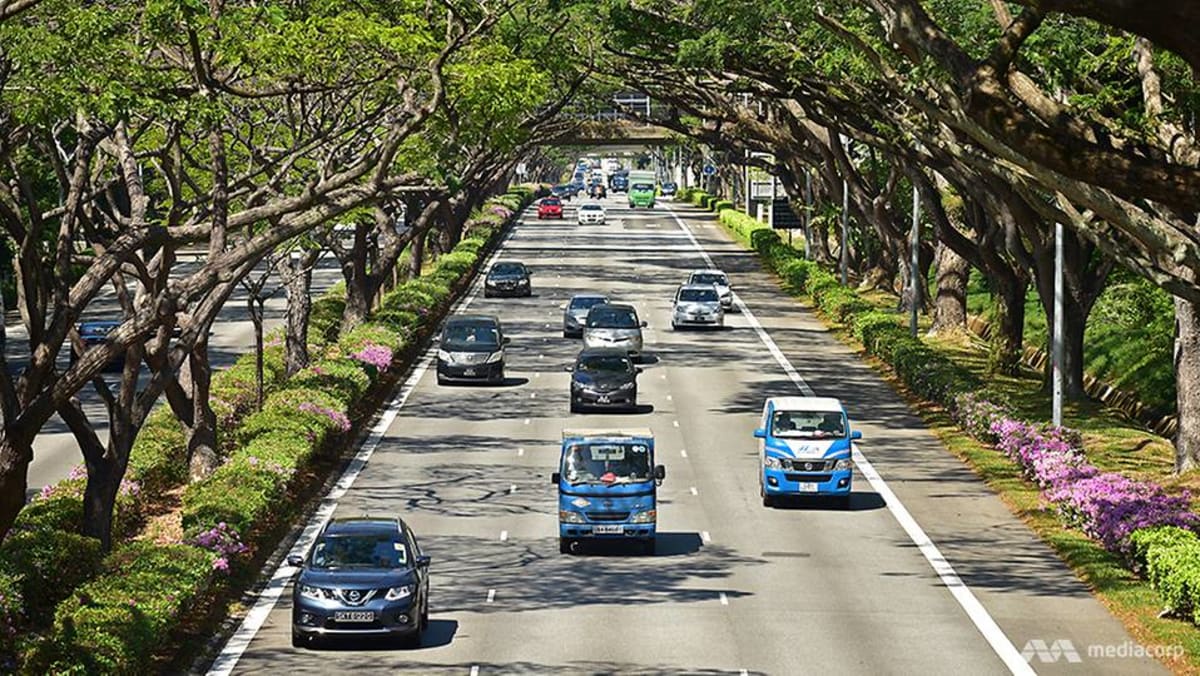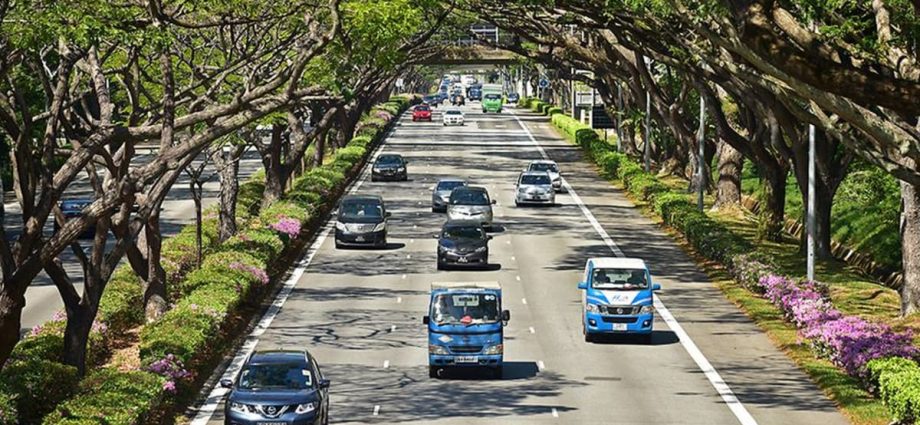
Demand is more difficult to predict because it depends on macroeconomic and business conditions, said Assoc Prof Theseira. But for now, it remains “extremely high”, and many are still willing and able to pay.
For premium models, he said, the COE makes up much less than half the cost of the car.
“There is no shortage of premium car models on the road in Singapore. So for the luxury market in Singapore, there is more than enough willingness to absorb higher COE prices, in order to get their car now.”
Associate Professor Raymond Ong, from the Department of Civil and Environmental Engineering at NUS, said: “There is still pent-up demand, judging from the bid versus the quota.”
There were 189 more bids than the quota for Category A and 103 more in Category B.
The quota is unlikely to increase, he added.
REDUCING SPECULATION IN MOTORCYCLE COES
The large decline in COE premiums for motorcycles is a result of the new measures introduced by the Land Transport Authority (LTA), analysts said.
Bidders now have to put down a S$1,500 deposit, up from S$800.
Assoc Prof Ong described this as a “drastic change” in policy. “It (requires) a larger deposit, so they cannot anyhow bid.”
The LTA also lowered the validity period of Category D temporary COEs from three months to one month.
Assoc Prof Theseira said the new measures have the effect of “greatly reducing the value of speculating”.
He said dealers tend to buy and hold on to a significant stock of temporary motorcycle COEs, which they use to register motorcycles in their business’ name when needed. They then sell the motorcycles to consumers as a “new second-hand” product because motorcycle COEs cannot be transferred.
The dealers profit when COE premiums rise, because they price the motorcycles based on current COE prices, even though they bought the certificates at a lower price.
“Hence, there is an incentive for motorcycle dealers with large COE stocks to attempt to control the COE market price,” said Assoc Prof Theseira.
By increasing the bid deposit, it becomes more expensive to give up an unused COE. Reducing the temporary COE period to one month also makes it difficult for dealers to hold onto a certificate speculatively, he said.
“Because the motorcycle COE market operates differently, and is more driven by the actions of a smaller number of dealers … there could be quite a bit of bumpiness as the motorcycle market tries to settle on a new equilibrium or a new business model for dealing with COEs,” he said.

